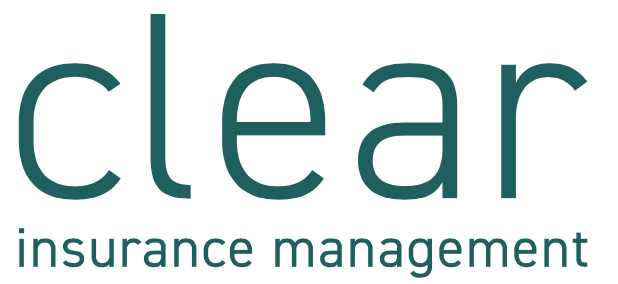Professional Indemnity Insurance
Professional Indemnity (PI) Insurance protects you and your business against claims of wrongful advice or negligent or inadequate services that result in a financial loss for your client.

Let's put you in touch with a specialist
Make a call or fill in the form
Call this number
Frequently asked questions
Do I need PI insurance?
If you provide advice, designs, or any other professional service to your clients, you must seriously consider Professional Indemnity (PI) Insurance.
Without it, you could be liable for thousands of pounds' worth of legal fees and compensation to your client if you are found to have been negligent in your services to them. A PI policy covers you against many situations, such as:
- Professional negligence
- Loss of documents or data
- Unintentional breach of copyright, intellectual property or confidentiality
- Defamation and libel
In addition, many clients insist you have PI insurance in force before you can begin work on a contract and many professional and industry bodies require members to hold a minimum limit of cover. Whenever you arrange PI cover, it is vital that your insurer understands all your activities.
Isn’t PI cover just for accountants, lawyers and the like?
It’s true that members of the traditional professions must have this cover to be able to advise.
However, a much wider range of professionals may need PI cover, such as IT and management consultants, teachers and tutors, recruiters, designers, photographers, fitness experts and dance teachers to name a few. Ask yourself the question: If one of your clients suffers a significant financial loss as a result of your negligence, where will they go to seek recompense?
How can I choose the right level of cover?
One argument is that you should buy what you can afford. In other cases, your customer will specify a minimum level of cover.
In any event, you should assess the greatest loss that might result from a mistake on any particular project/contract. No one will take on your responsibility to ensure you have enough cover, so you should carefully review this area with your insurance broker.
If I work outside of the UK will I be covered?
Not all policies cover work overseas, so check the terms of your policy. If you're not covered, ask your insurance broker to arrange the necessary amendments.
Most policies will protect you against claims made against you in the UK. If you want to be defended abroad, you may need to change the jurisdiction clause, and this must be correct to ensure your activities are covered. Tell your insurance broker about all your overseas work, especially if you change this during your policy period.
My policy is on a ‘claims made’ basis – what does that mean?
This means that the policy only provides cover for incidents that are discovered and notified to the insurers during the period of insurance.
Your policy will provide cover for advice given in previous years, often limited to a retroactive date (see the next question). It is important to note that if you want to continue with the protection PI cover provides, you need to keep renewing cover or buy ‘run off’ cover.
What is a retroactive date?
The retroactive date refers to the date from which work undertaken is covered.
For example, a current PI policy with a retroactive date of 1 January 2023, will provide cover for claims arising out of work undertaken on or after 1 January 2023. Any work prior to this date will be excluded. If no retroactive date is shown, or if it is noted as ‘none’, then the cover is provided relating to all work that you have undertaken previously (subject to that work falling within the scope of activities declared to insurers).
What is ‘run off’ cover?
If you are a sole practitioner/partnership and you are closing your company or retiring, claims may still arise from work you undertook in previous years.
While the majority of claims are made quite quickly, it's still possible for a claim to go back many years. For this reason, most insurance professionals will recommend a minimum of six years' 'run off' cover. If no policy is in place at the time a claim is made, then you may face liability, which can be traumatic and financially devastating.
Do I need annual cover even if I only have a short-term contract?
In some instances, your contract may only last a few weeks. Nevertheless, you will need to have a policy in place at the time of any claim being made.
If you complete a contract, but your client doesn’t make a claim until after you’ve finished the work, you will need to have a policy in place at the time of the claim to benefit from policy protection. Taking out an annual policy means you are covered continuously, so you can rest assured that you’ll be protected in case of a claim. Many smaller contractors/service providers find that continuing their cover even after they’ve finished working gives them the peace of mind that they won’t be exposed to any claims made on historical work.
Where to find us
Search by city, town or postcode to find your local branch
The bigger picture
Stay informed about insurance news and its impact on you and your business

- Professional Risks
Management Liability Insurance

- Risk Management
- Professional Risks
D&O – UK market overview by Richard Leeper

- Construction
- Professional Risks





